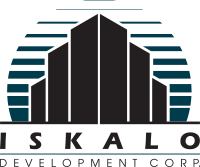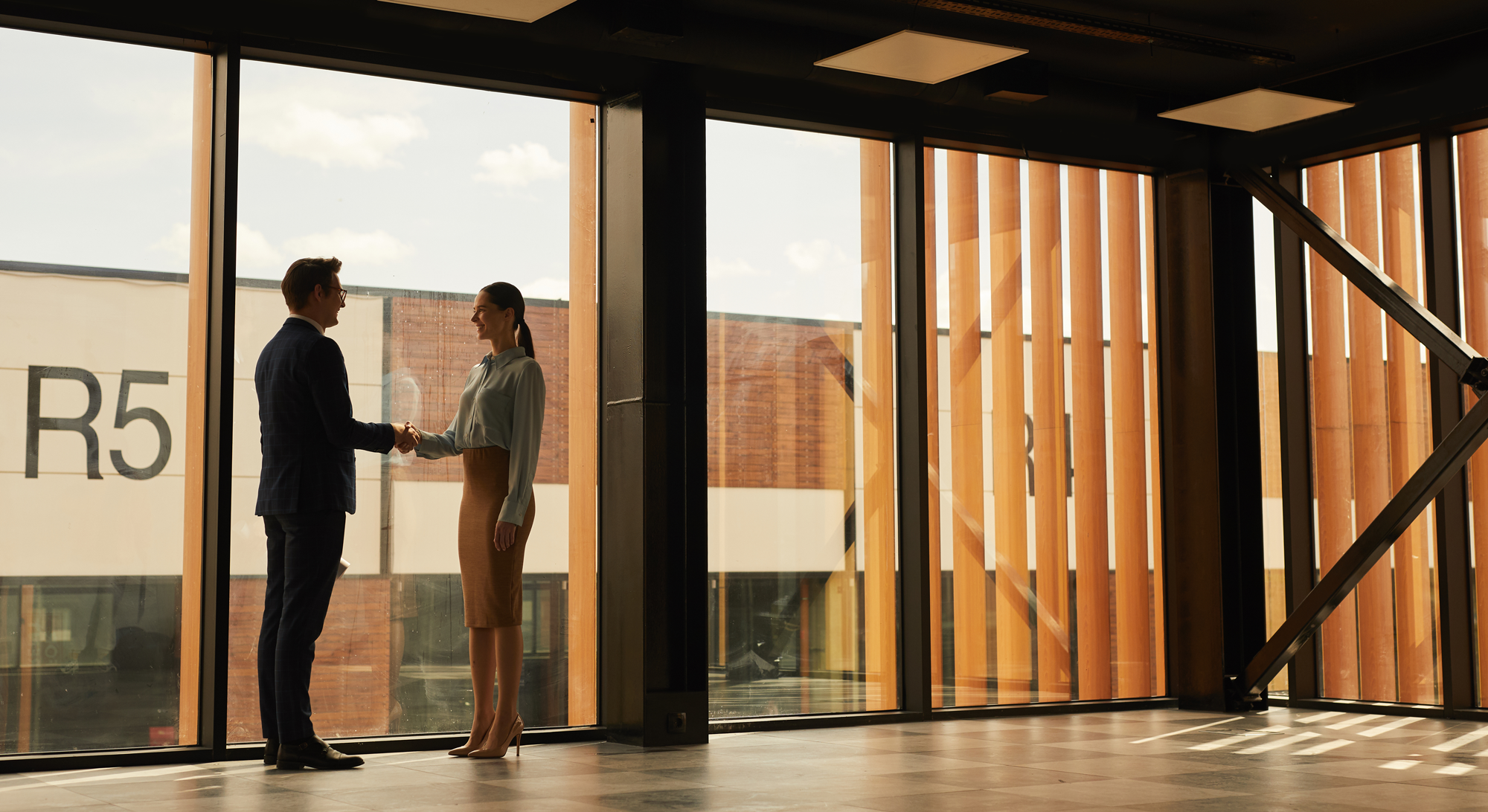The COVID-19 pandemic changed how and where businesses run and landlords are learning how they can reap the benefits of these changes. It was only one or two years ago when long leases were the go-to for residential and commercial landlords. When the pandemic hit, both business professionals and landlords experienced dramatic changes in their industries.
Landlords and business owners are now looking at leases in a new light and adjusting their work models to meet the needs of the modern day worker. Flexible work spaces are becoming the new norm for modern workers and landlords are seeing how beneficial joining this trend can be.
Leases Now Look Different
Flexible, precise terms on leases and agreements are becoming the trend for businesses and landlords after the pandemic. This doesn’t just open up opportunities for great flex and coworking spaces, but offers opportunities for landlords to gain some income as well.
Commercial landlords and financial business people often find themselves in incredible debt when it comes to working with long-term purchases. This becomes a challenge when trying to cover the cost and manage the space without facing any financial breaches. Though the industry has faced rough waters, positive change is happening when it comes to how landlords and businesses coincide.
Management Agreements Versus Traditional Leases
Traditional leases are being pushed aside as management agreements are being brought to the forefront. Businesses and landlords are beginning to work together to manage flex spaces where professional workers can be productive on their own time. Even with the more attractive paperwork, there is still one more attractive element for landlords to look at: the money.
Real estate professional from Hines, Annie Ricker, explains how landlords are seeing the premiums being achieved when operating a coworking space—rather than just leasing it. Ricker believes that a large portion of real estate discussions with landlords will result in participation leases, management agreements, or joint ventures moving forward. These give landlords more of a say in the business side of things, allow them to maintain their landlord status, and still receive profit in the end.
A Future of Opportunity for Landlords
Even amidst the chaos of the pandemic, landlords are seeing light at the end of a very dark tunnel. Real estate is becoming more and more of a collaborative business and will continue to merge with industries in unique ways. More tenants and businesses are seeing the benefits of paying per square foot of space. This looks great for businesses and even better for landlords when flexibility is at the center of a negotiation. As flexible workspaces remain on the upswing, landlords will see more profitable opportunities blossom.

